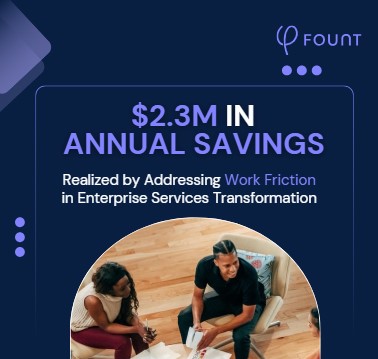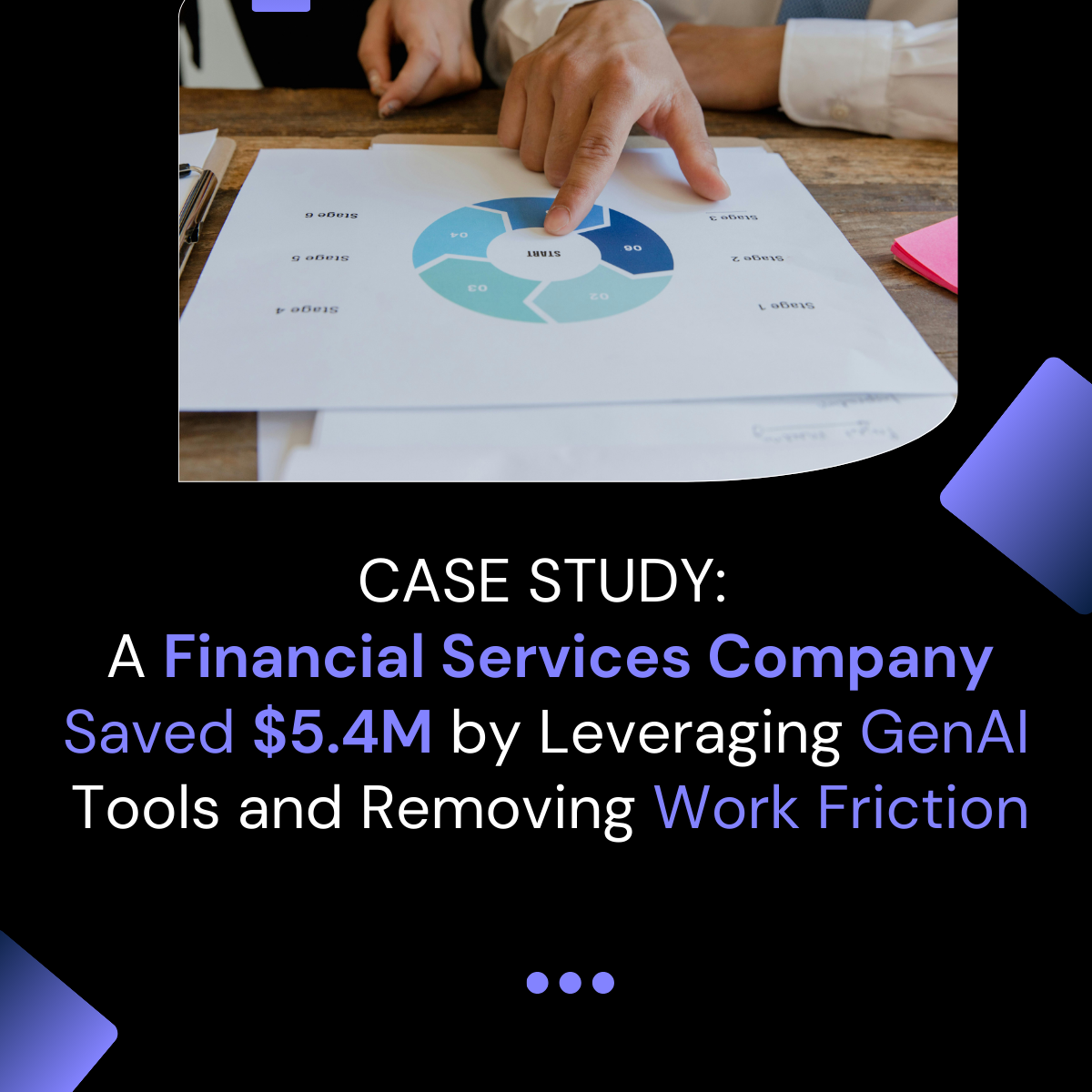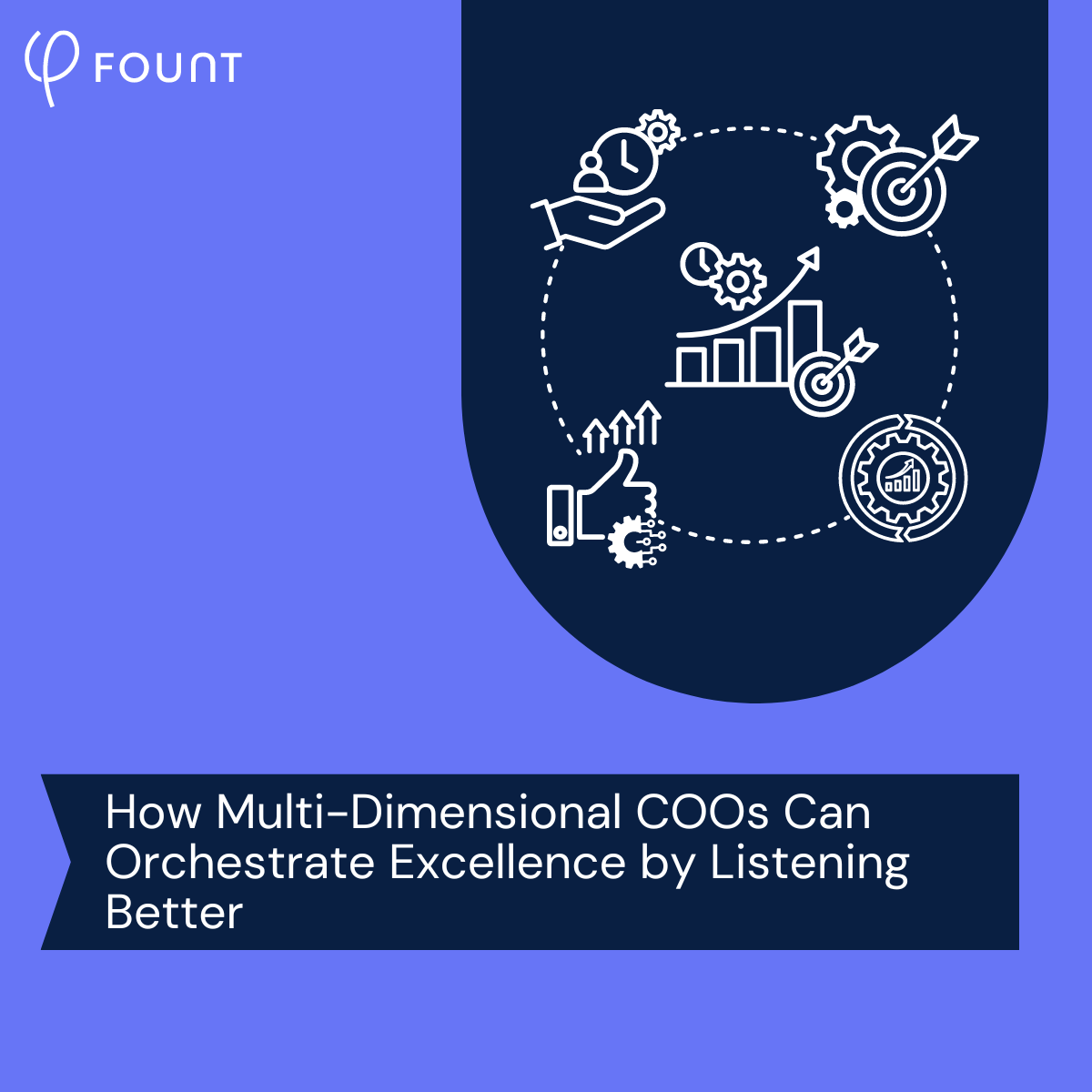Table of Contents
Flying blind in the experience economy
A summary of the details of the article will go here.
Volker Jacobs’ latest article in Germany’s leading HR publication, #Personalmagazin.
We live in the experience economy. Staging superior employee experiences creates a significant competitive advantage for companies. Yet, when embarking on their employee experience journey, companies too often start from the wrong premises and lack clear direction. How to avoid flying blind into the experience economy?
Whether you’d like to admit it or not, companies find themselves in fierce competition not only for products and services, but also for the experiences that customers and employees have when they deal with the company. We do live in the Experience Economy.
The great upheavals of our time (new work, economic and political crises, generational and value changes) challenge companies and the people that work for them. In response, employers increasingly turn their attention to their employees. A recent McKinsey article put it this way: “By not understanding what their employees are running from, and what they might gravitate to, company leaders are putting their very businesses at risk.” Which makes the management of the Employee Experience, or EX for short, an imperative for each company.
If you are serious about a competitive advantage through EX, you have to make the company as a whole more experience-centric. This requires a sustained effort. Businesses need good sensors to set and achieve the right goal. No one will succeed flying blind.
Employee Centricity Does Not Equal Experience Centricity
Whether Human Resources with a capital “H” or P&O with a capital “P”, HR departments by nature focus on employees: Everything they do revolves around the people working for the respective companies. In times of massive change, they listen more to employees (Employee Listening) and analyze their data more thorough than ever (people analytics). They are creating new working models (hybrid, agile), revising HR products (e.g. remote onboarding) and investing in new IT tools for employees.
This is all fine and fair, but it does not transform businesses into experience-centric organizations. It is true: Employers know a lot about employees, but (almost) nothing about their experience at work. Without this knowledge, they run the risk of rushing blindly into Experience Economy.
View the full article below.
Related Resources
See all News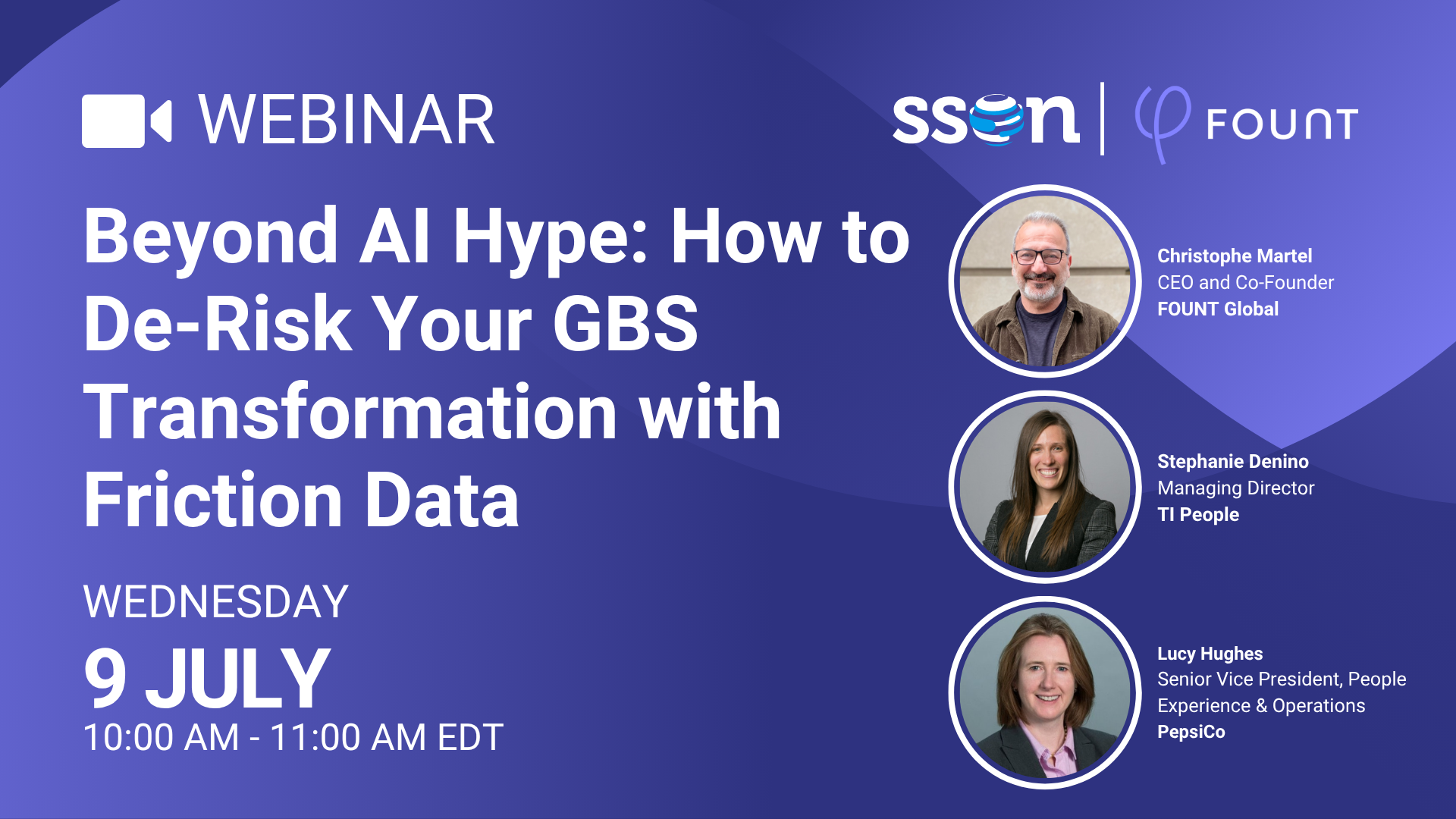
FOUNT News
LIVE Webinar. Beyond AI Hype: How to De-Risk Your GBS Transformation with Friction Data

Guest Post
3 Signs Your GBS Is Creating Friction Instead of Flow (And How to Fix It)
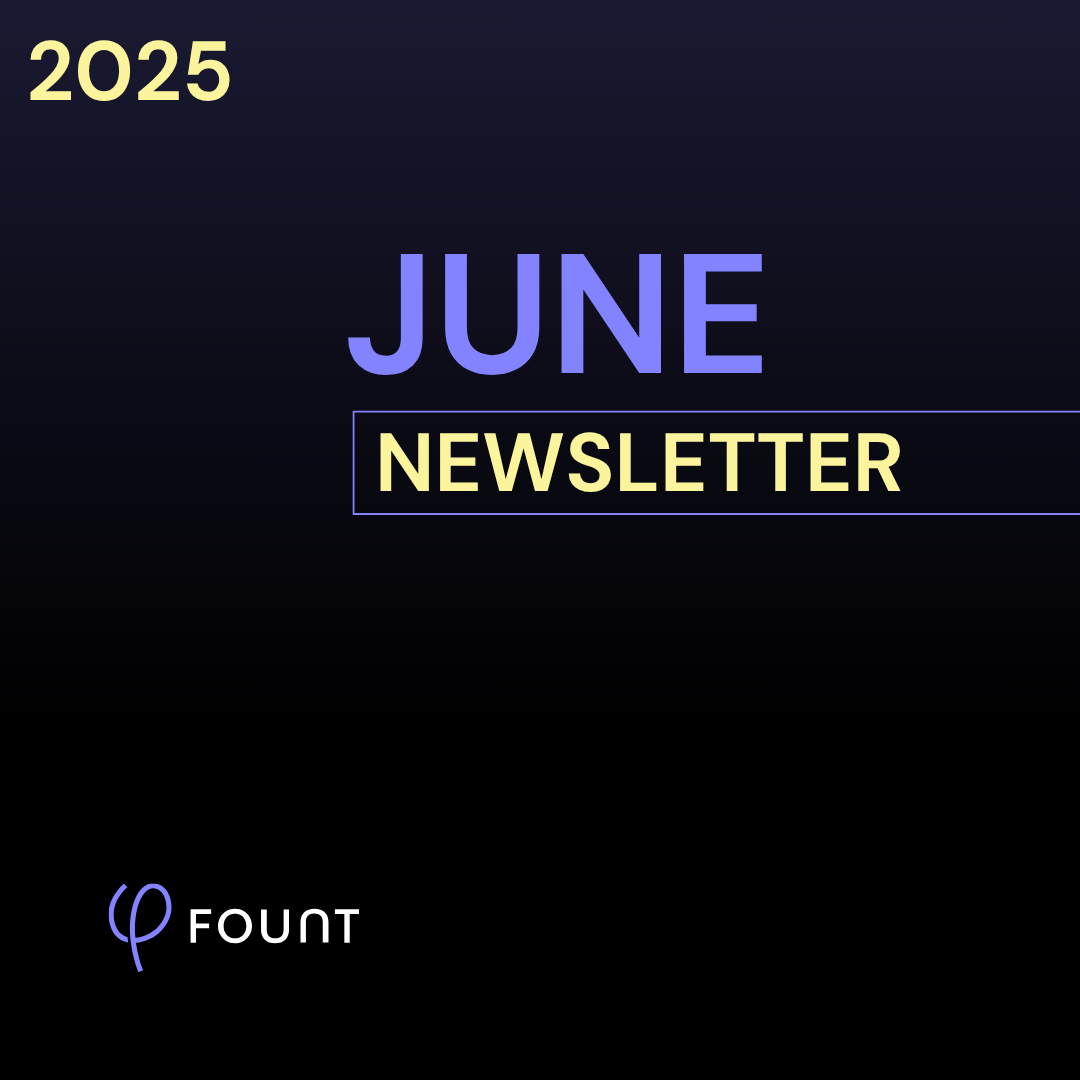
FOUNT News
June Newsletter: Friction is Killing Your AI ROI.
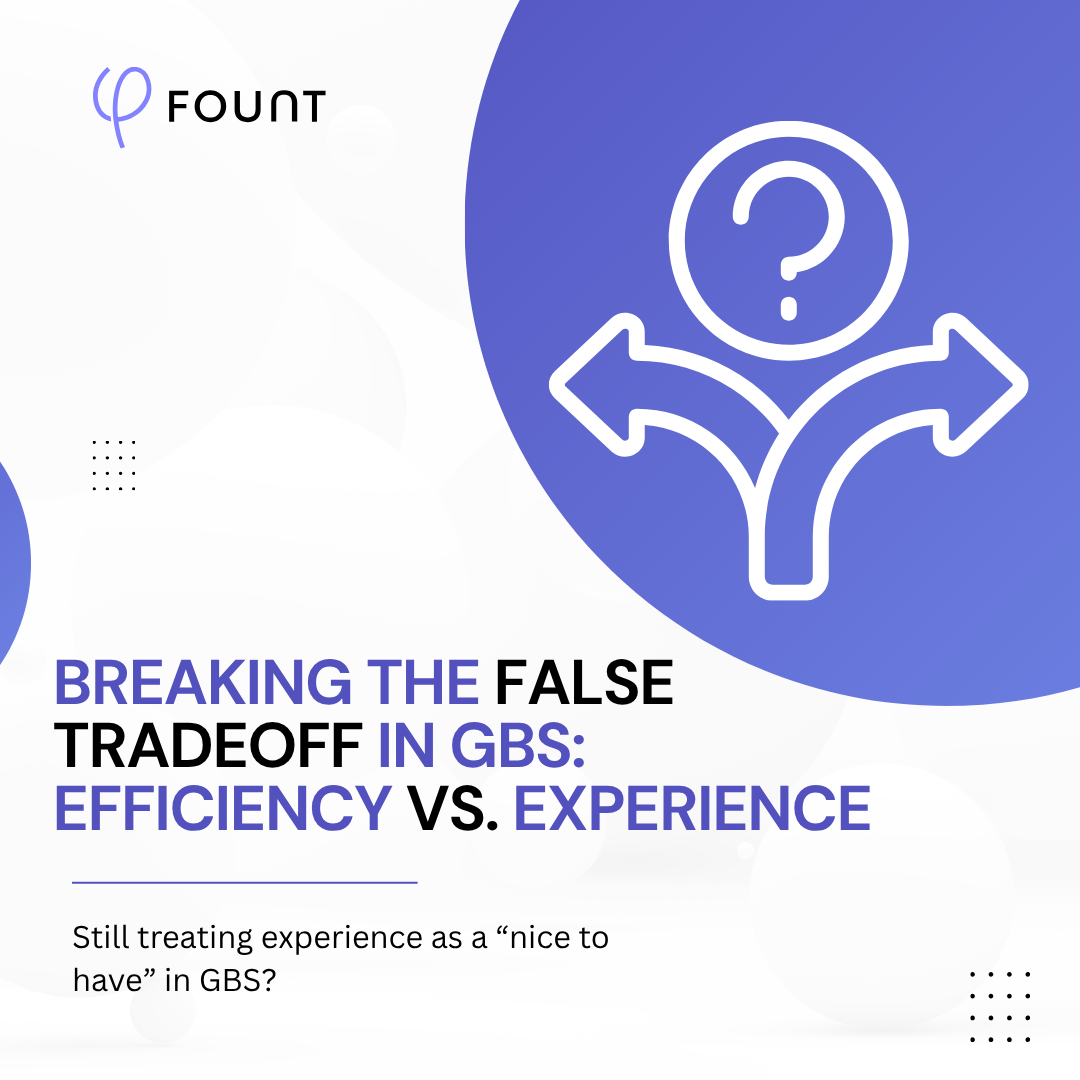
Insights
Breaking the False Tradeoff in GBS: Efficiency vs. Experience
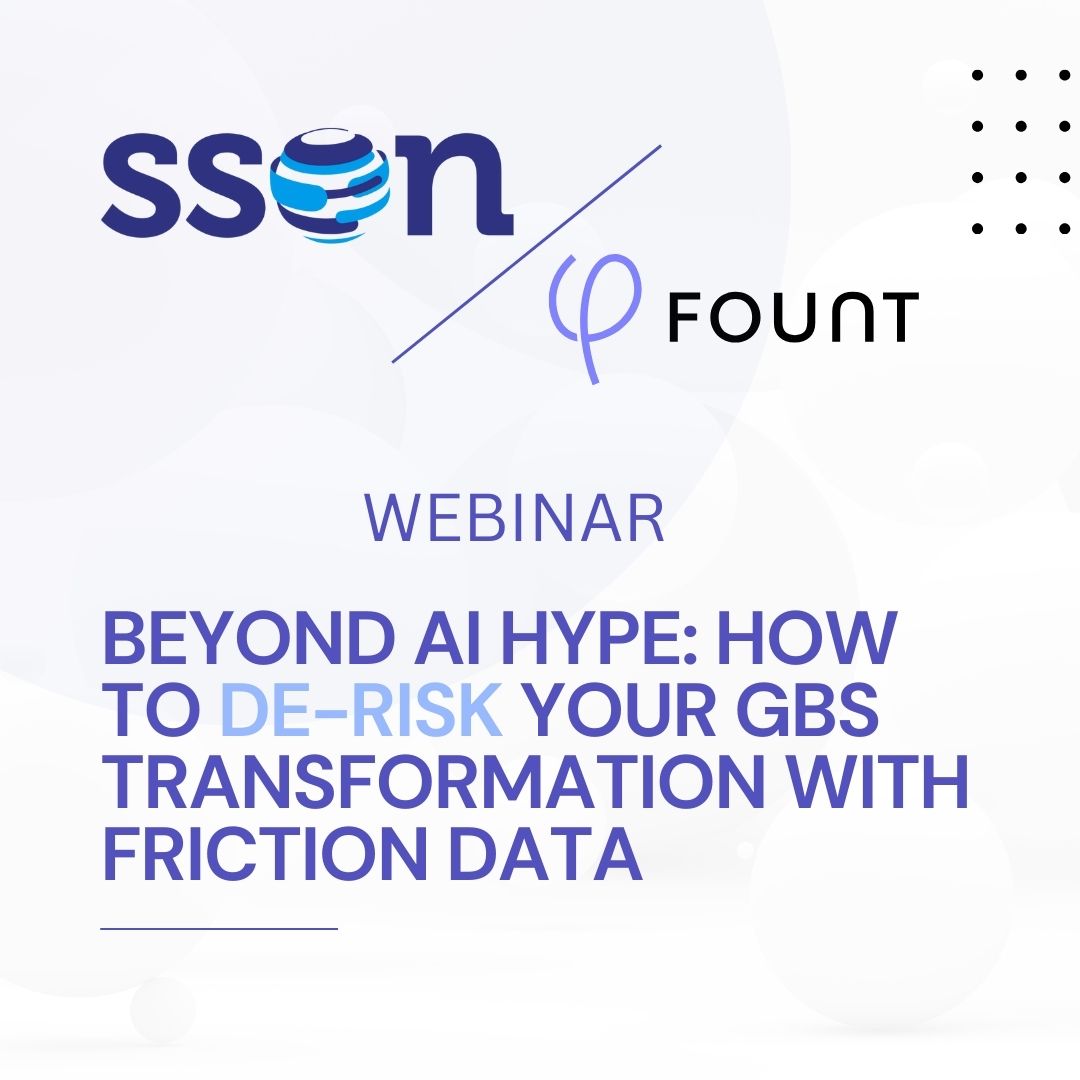
Events
LIVE Webinar – July 9th for SSON Network. Beyond AI Hype: How to De-Risk Your GBS Transformation with Friction Data
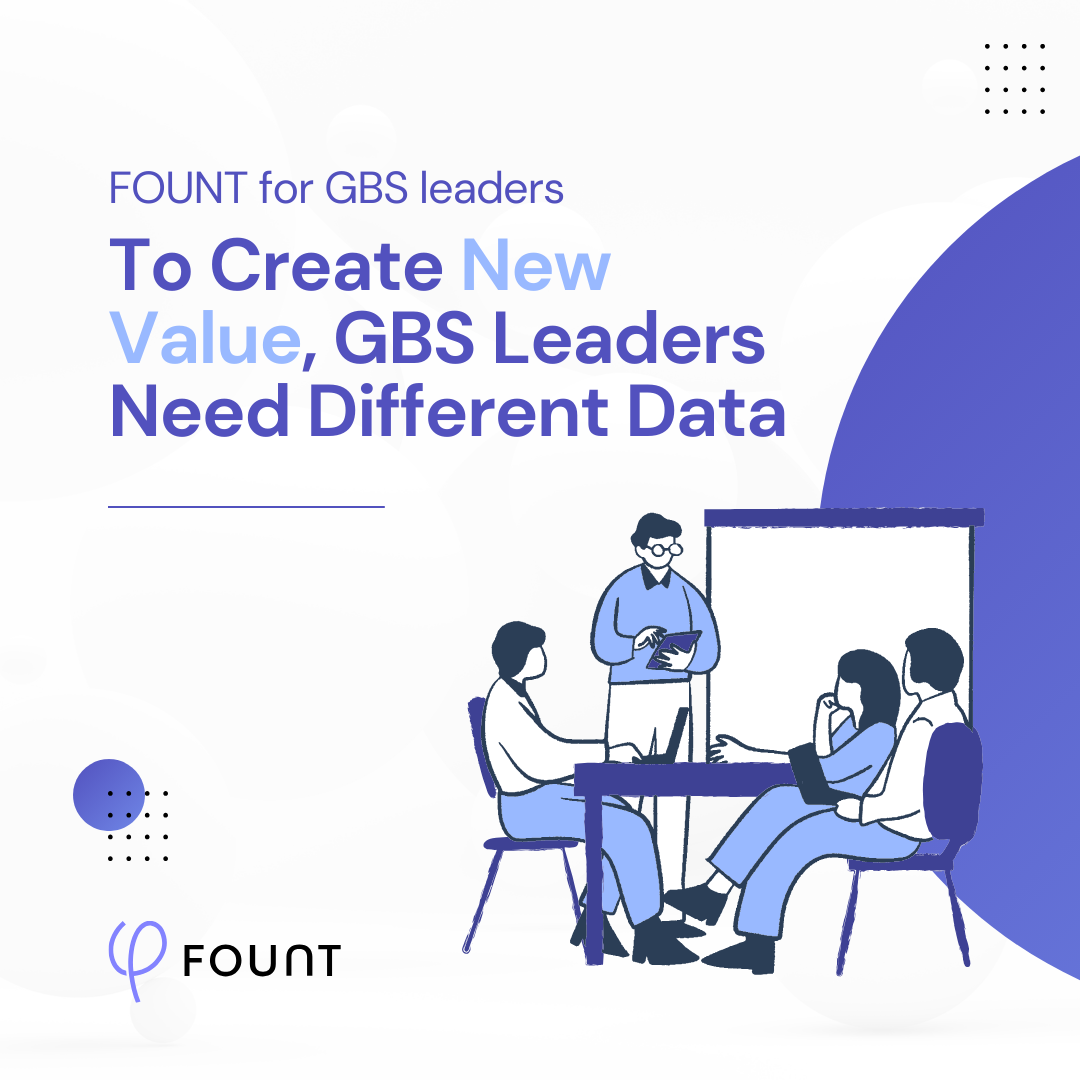
Insights
To Create New Value, GBS Leaders Need Different Data
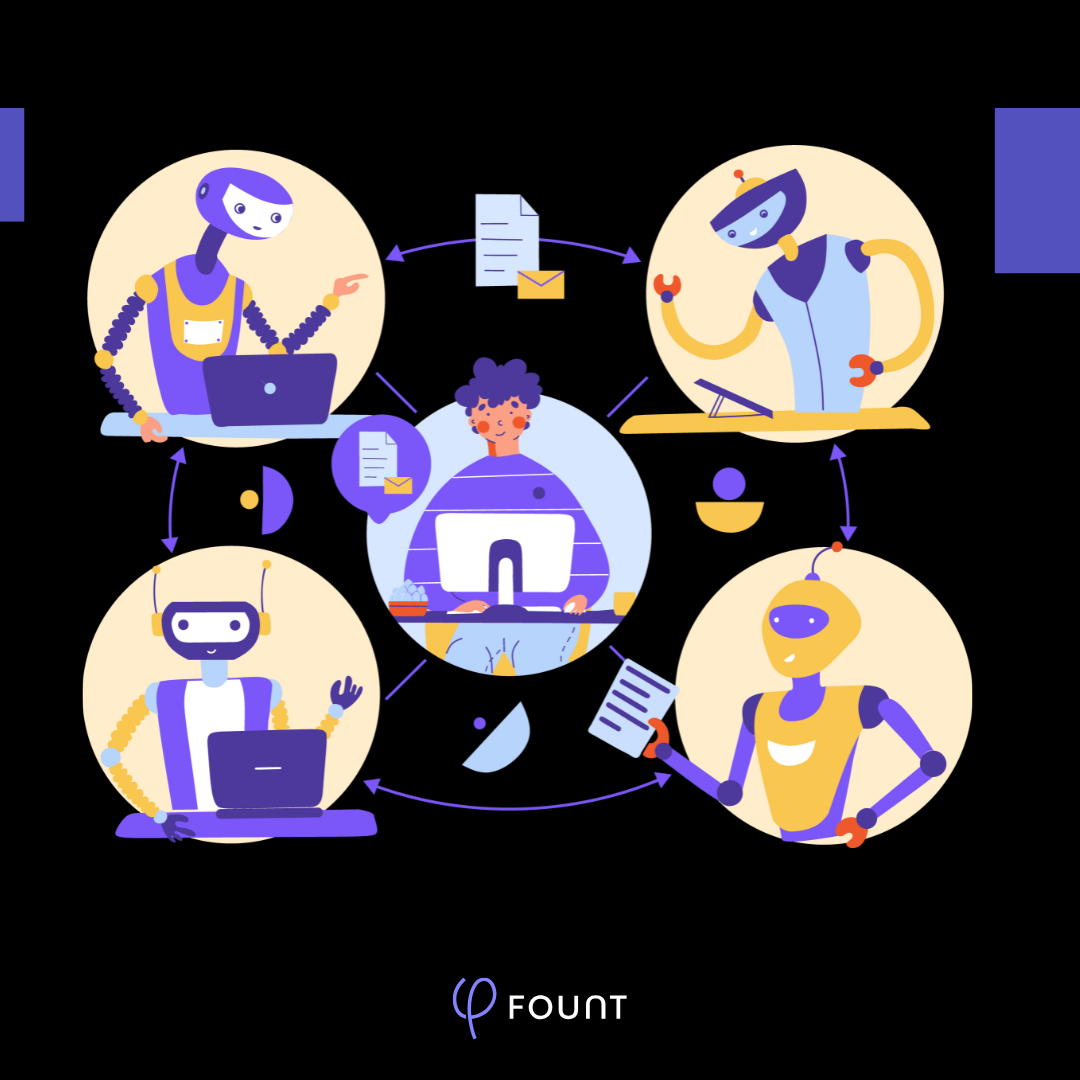
Insights
How to Keep Up with the Latest AI Developments
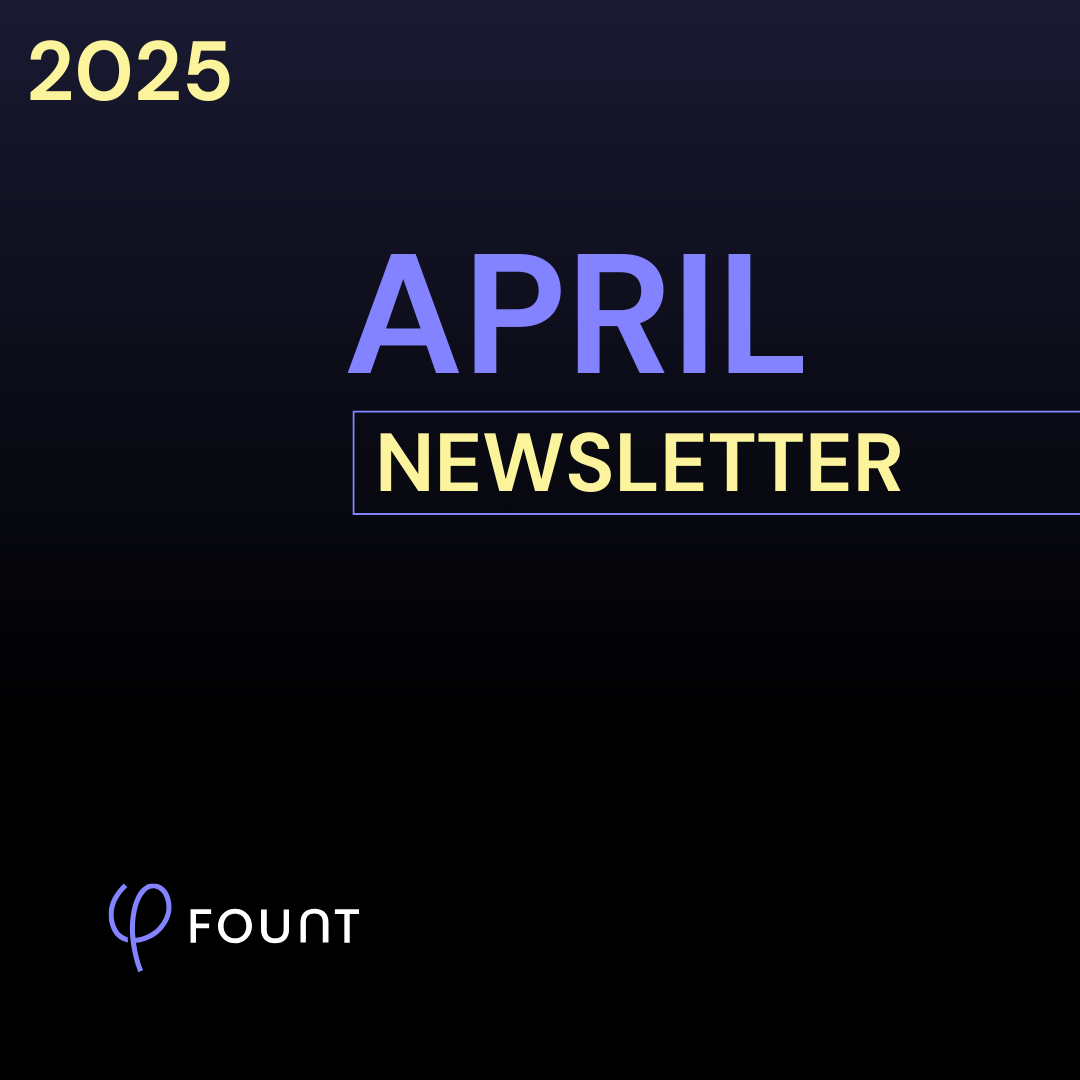
Insights
APRIL Newsletter. Friction: You Can’t Improve What You Can’t See
